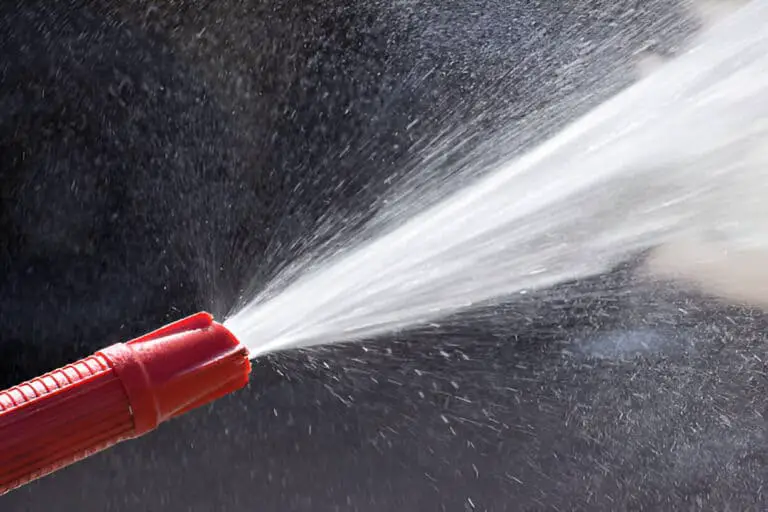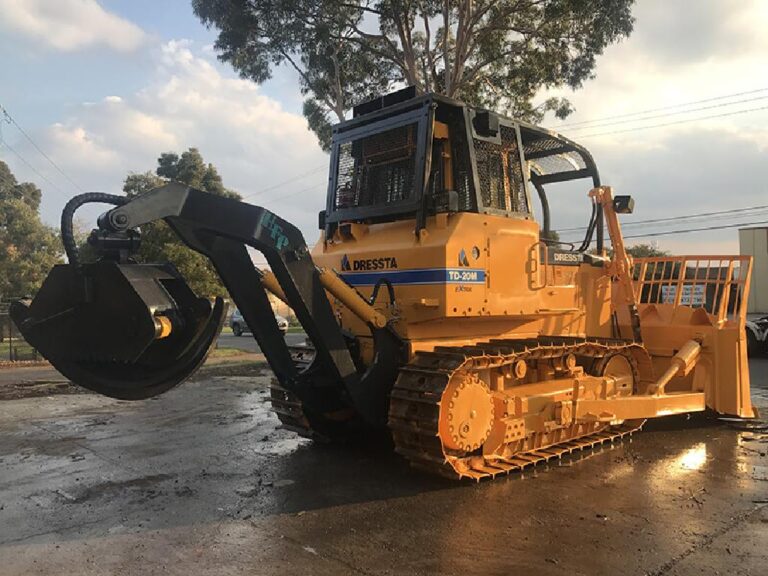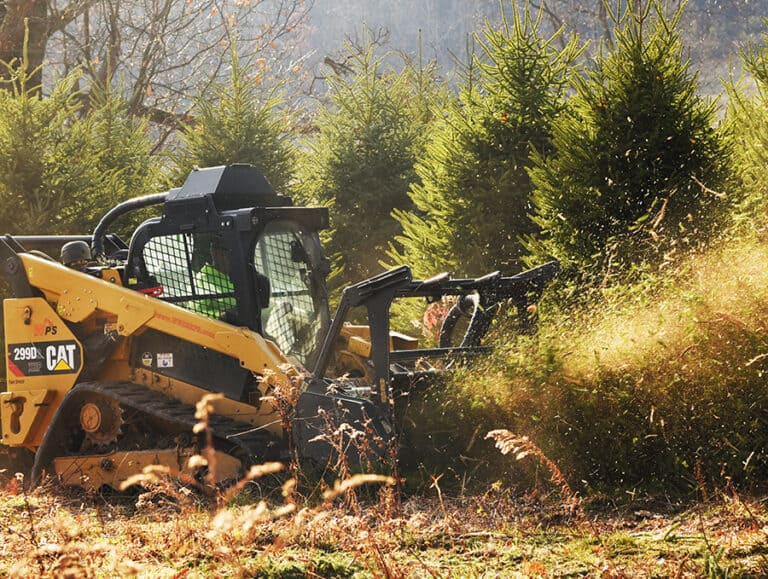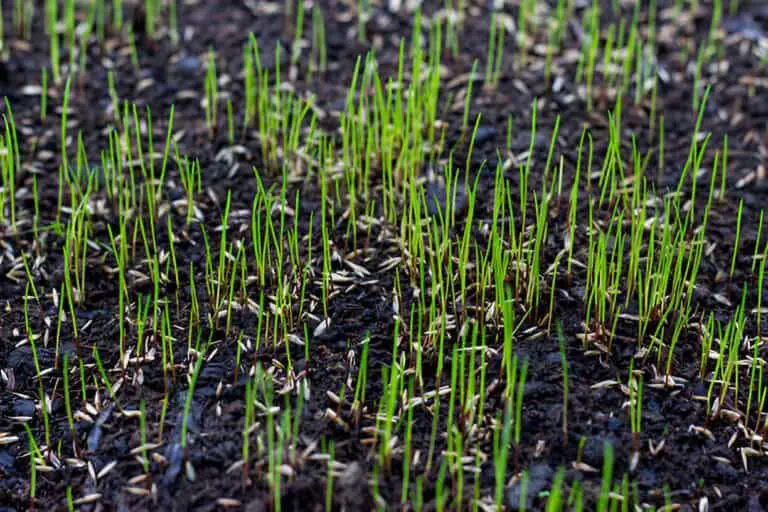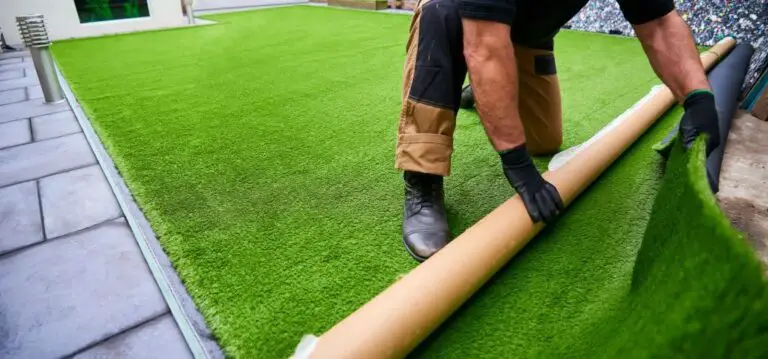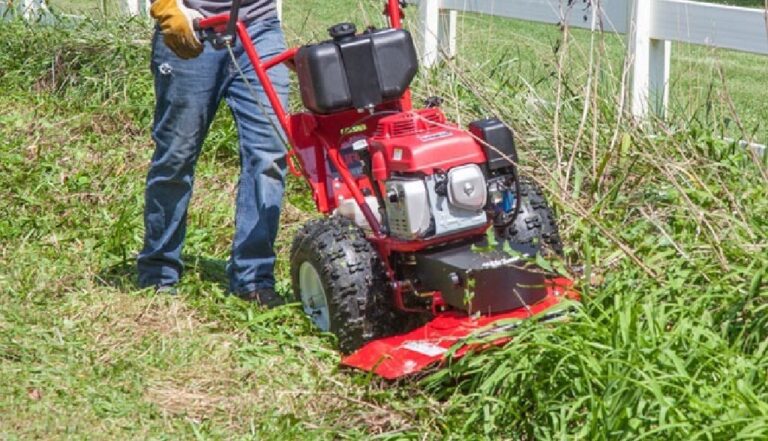Should You Insulate Your Shed? The Pros and Cons Explained
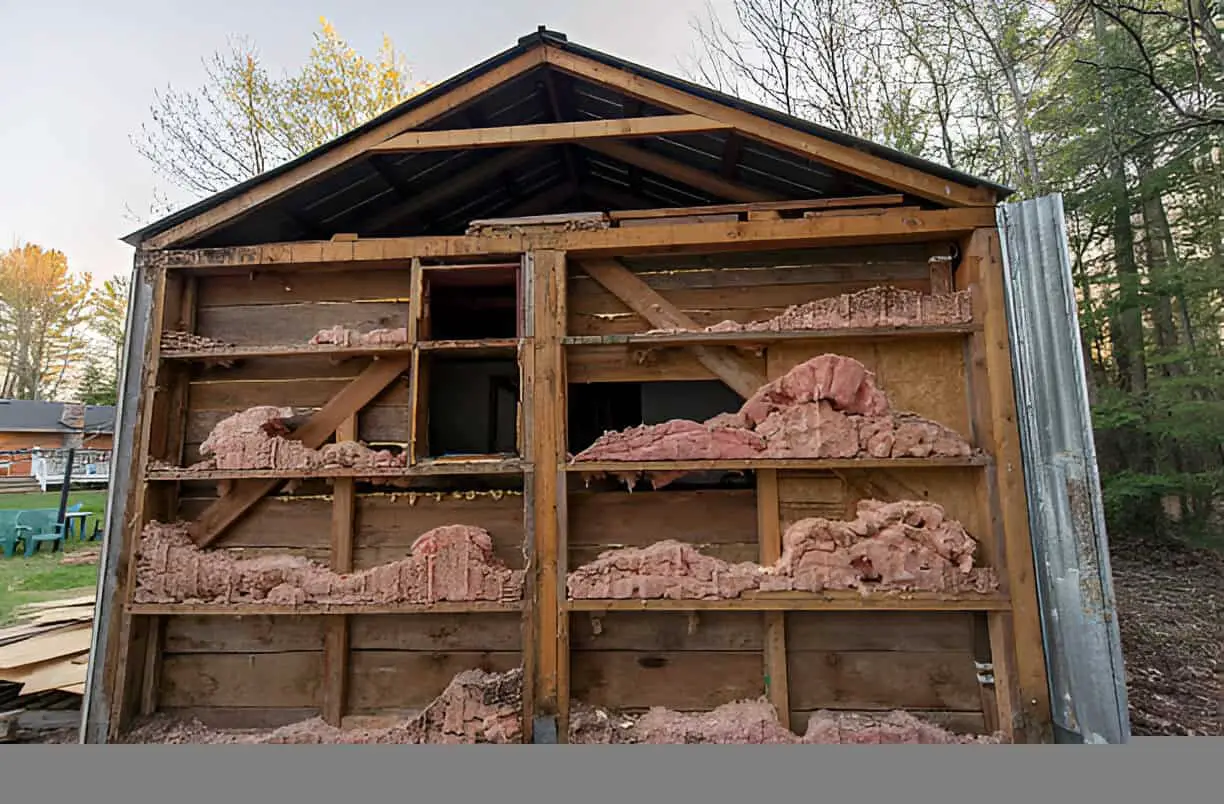
When I first set up my backyard shed, I thought I had everything covered—solid walls, a sturdy roof, and plenty of space to store my tools. But after spending just a few minutes inside during a July heatwave, I realized I had created more of a sauna than a storage space.
In winter, it was just as extreme—so cold I could see my breath. That’s when I started asking myself: should I insulate this thing?
If you’ve ever cracked open your shed door and been hit with a blast of freezing air—or stifling heat—you know how uncomfortable it can get. But is insulation really worth the time, money, and effort? Could it actually turn your shed into a usable space all year long?
In this post, I’ll walk you through the benefits and drawbacks of insulating a shed. Whether you’re planning to use it for storage, DIY projects, or even a cozy backyard escape, this guide will help you decide if insulation is the right move for you.
Why Insulating a Shed Matters
Insulation isn’t just about keeping warm in winter. It’s about controlling temperature, reducing moisture, and improving comfort. Whether you use your shed as a workspace, a storage area, or a backyard retreat, insulation can make a world of difference.
The Pros of Insulating Your Shed
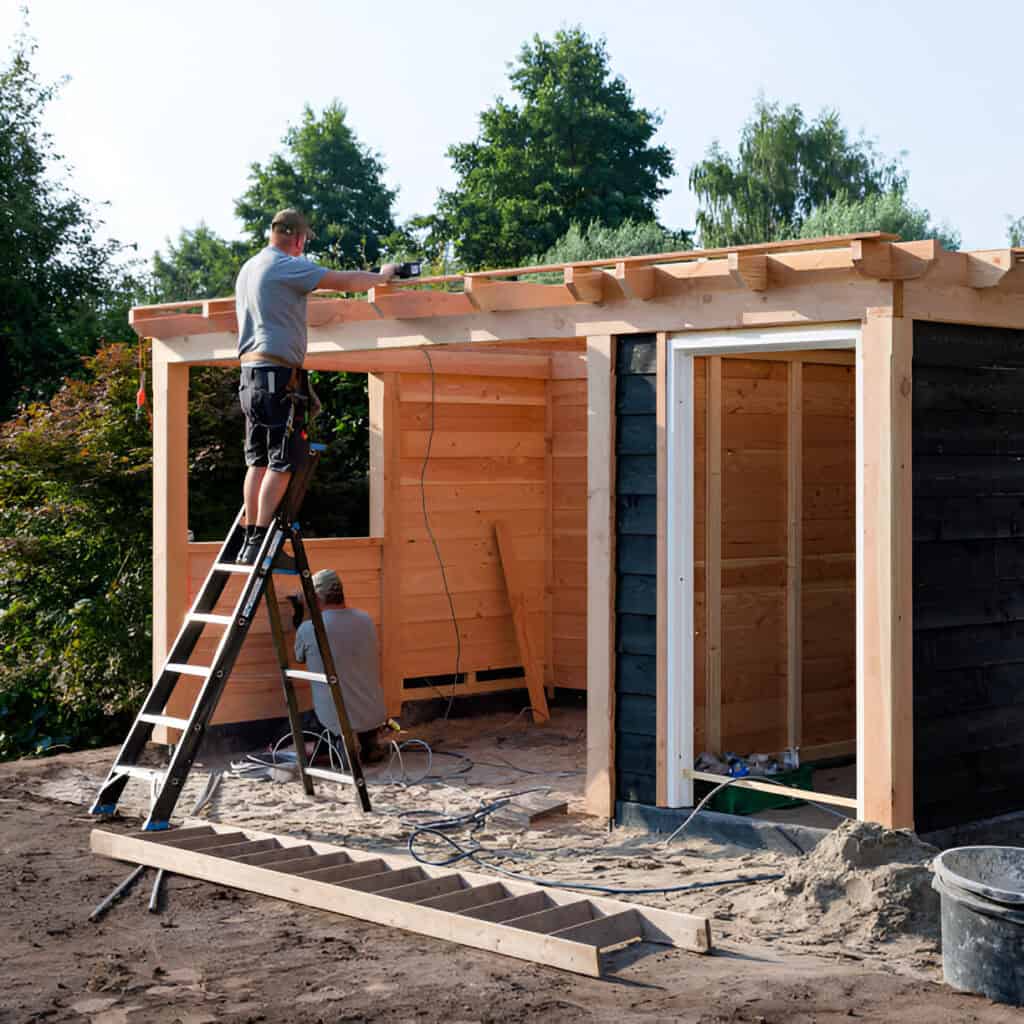
If you’re on the fence about insulating your shed, here are some solid reasons why you should consider it:
1. Temperature Control
Nobody wants to work on a project in a shed that feels like a sauna or an ice cave. Insulation helps stabilize temperatures, making it a usable space year-round.
✔ Winter – Keeps heat inside so you don’t freeze. ✔ Summer – Blocks excessive heat, keeping it cool. ✔ Year-Round – Reduces temperature swings and improves comfort.
2. Protection for Stored Items
Extreme temperatures can wreak havoc on tools, electronics, and even garden supplies. Insulation acts as a buffer, helping protect valuable items from damage caused by temperature fluctuations and humidity.
✔ Prevents rust on metal tools ✔ Protects paint, chemicals, and adhesives from freezing or overheating ✔ Keeps electronics and appliances functioning properly
3. Energy Efficiency
If you heat or cool your shed with a space heater or AC unit, insulation helps trap that conditioned air, reducing energy waste and lowering costs.
✔ Less heat loss in winter = lower heating costs ✔ Less heat gain in summer = lower cooling costs ✔ More sustainable and energy-efficient
4. Moisture and Mold Prevention
Sheds without insulation can suffer from condensation buildup, leading to mold, mildew, and even structural damage over time. Insulation helps regulate humidity levels and keeps moisture at bay.
✔ Prevents mold growth ✔ Protects wooden structures from rot ✔ Stops condensation on metal surfaces
5. Noise Reduction
If your shed doubles as a workshop or music studio, insulation can dampen noise, keeping the peace with your neighbors while creating a more enjoyable work environment.
✔ Blocks outside noise ✔ Reduces sound from power tools or equipment ✔ Creates a quieter, more focused workspace
| Check out: How Much Does a Backyard Shed Cost? |
The Cons of Insulating Your Shed
While insulation offers many benefits, it’s not always necessary for every shed. Here are some reasons why you might skip it.
1. Added Cost
Insulation sheds materials and installation can add up quickly, especially if you’re using high-quality materials.
✔ Foam board insulation: $1 – $3 per square foot ✔ Fiberglass insulation: $0.50 – $1 per square foot ✔ Spray foam insulation: $2 – $5 per square foot
2. Requires Proper Ventilation
Insulating a shed without proper ventilation can trap moisture inside, leading to mold and mildew problems. If you go this route, you may need to install vents or a dehumidifier to balance humidity levels.
✔ Lack of airflow can cause moisture buildup ✔ May require additional vents or airflow systems ✔ Potential for trapped humidity without proper ventilation
3. Takes Time and Effort
Adding insulation isn’t always a quick job. It requires measuring, cutting, and installing materials, plus sealing gaps to prevent air leaks.
✔ DIY installation can be time-consuming ✔ Hiring a professional adds to the cost ✔ Poor installation can reduce effectiveness
4. Might Not Be Necessary for Seasonal Sheds
If you only use your shed in mild weather or for occasional storage, insulation might be overkill. In these cases, proper ventilation and moisture control may be enough.
✔ Limited use = less need for insulation ✔ Alternative solutions like venting or sealing gaps may suffice ✔ Unnecessary expense for sheds with minimal usage
Best Insulation Materials for a Shed
If you decide to insulate your shed, choosing the right material is key. Here’s a comparison of the most popular options:
| Insulation Type | Pros | Cons |
| Fiberglass Batt | Affordable, easy to install | Can absorb moisture, requires vapor barrier |
| Foam Board | High R-value, resists moisture | More expensive, requires precise cutting |
| Spray Foam | Seals gaps completely, best insulation | Costly, requires professional application |
| Reflective Foil | Great for radiant heat, simple to install | Less effective in extreme cold |
| Rigid Foam Panels | Durable, resists mold and moisture | Higher cost, needs additional framing |
Pro Tip: If your shed has electrical outlets, be sure to use fire-resistant insulation materials around sheds for added safety.
When Should You Insulate Your Shed?
If you’re still unsure whether to insulate your shed, consider these scenarios:
✔ You Use Your Shed Year-Round – If your shed serves as a workspace, insulation keeps it comfortable in all seasons. ✔ You Store Temperature-Sensitive Items – Insulation protects tools, equipment, and other valuables from extreme temperatures. ✔ You Want to Reduce Energy Costs – Insulation makes heating or cooling more efficient, saving money in the long run. ✔ You Live in an Area with Harsh Weather – Cold winters or scorching summers make insulation a smart investment.
Final Verdict: Should You Insulate Your Shed?
Insulating your shed isn’t a one-size-fits-all decision. It depends on how you use the space, what you store inside, and your local climate. If you want a comfortable, energy-efficient shed that protects your belongings, insulation is worth considering. However, if your shed is just for seasonal storage, you might save money by focusing on ventilation and moisture control instead.
Quick Takeaways:
✅ Insulation stabilizes temperature, protects stored items, and reduces energy costs. ✅ It prevents moisture buildup, mold, and rot—especially in humid climates. ✅ The upfront cost and effort may not be worth it for occasional-use sheds. ✅ Choosing the right insulation material is key for effectiveness and durability.
Whether you decide to insulate or not, the key is making your shed work for your needs. With the right approach, you can create a functional space that stands up to the elements—insulated or not! 🚀

